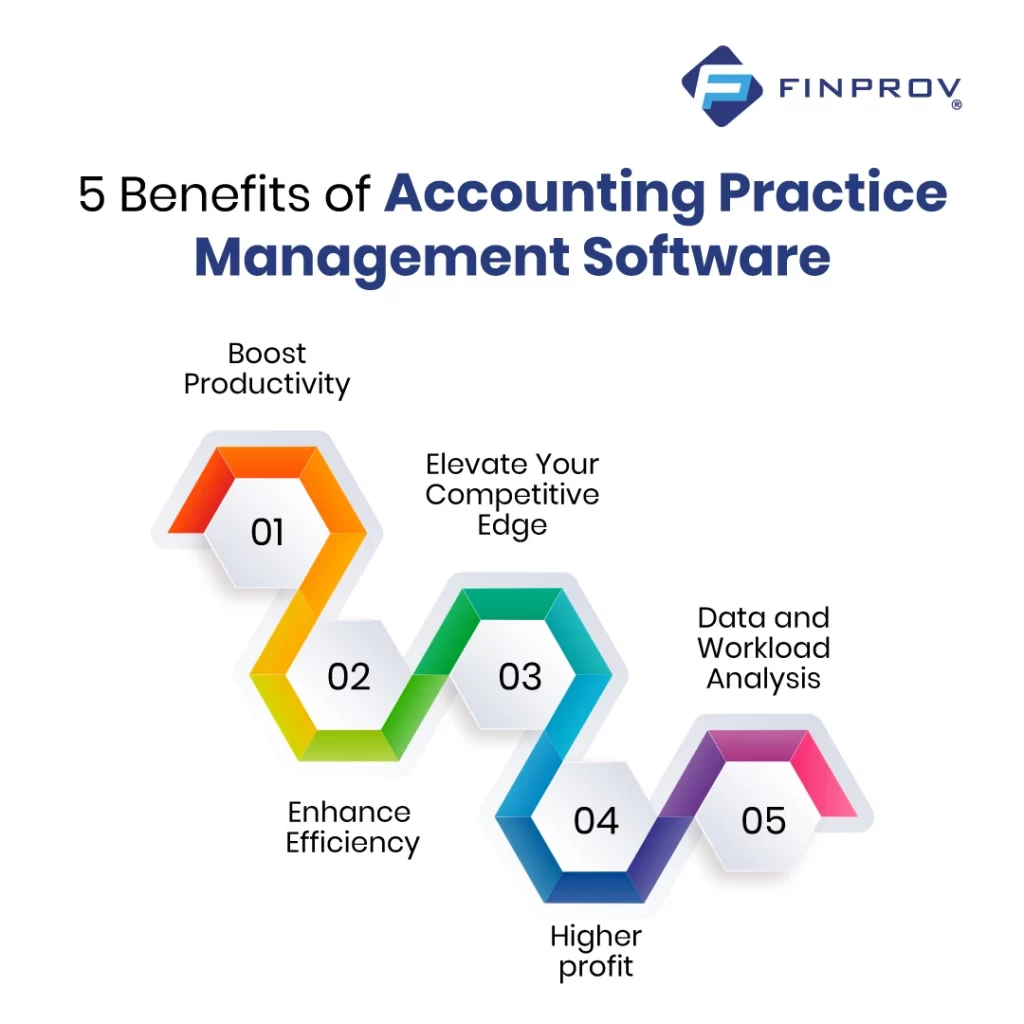Top Patterns Forming the Future of Bookkeeping Practices
As the bookkeeping industry remains to advance, several pivotal patterns are emerging that guarantee to redefine traditional methods. The combination of expert system, the emphasis on automation, and shifts towards remote work are reshaping the landscape, while sustainability efforts and boosted information analytics are driving brand-new requirements of liability. Each of these aspects not just boosts efficiency but likewise positions accountants in even more strategic roles. What continues to be to be seen is just how these advancements will influence the honest factors to consider and operational structures within the career.
Rise of Artificial Knowledge
The surge of man-made knowledge (AI) in audit practices marks a substantial change in the industry, driven by the requirement for better performance and accuracy. AI modern technologies are significantly being integrated right into bookkeeping software, allowing companies to automate regular tasks such as information entry, invoice processing, and economic coverage. This transformation permits accountants to concentrate on higher-value tasks, such as calculated preparation and consultatory services.
In addition, AI enhances the accuracy of monetary analyses by lessening human error and enhancing data stability. Artificial intelligence formulas can analyze large quantities of information to determine patterns and fads, providing insights that were formerly unattainable. This capacity not only improves decision-making but additionally enables real-time monetary surveillance.
The application of AI in accounting also cultivates enhanced conformity with regulatory criteria, as AI systems can be programmed to flag discrepancies and guarantee adherence to financial laws. As firms embrace these modern technologies, the role of accounting professionals is progressing from traditional bookkeeping to coming to be strategic partners within companies, furnished with innovative analytical skills. Generally, the surge of AI in accountancy is redefining the profession, leading the method for a more cutting-edge and receptive monetary landscape.
Emphasis on Automation
How can automation improve the accounting landscape? The assimilation of automation into bookkeeping practices is fundamentally modifying exactly how financial data is processed, assessed, and reported. By simplifying repeated jobs such as information access, settlement, and invoicing, automation permits accountants to concentrate on higher-value activities, such as tactical decision-making and advising solutions.
The adoption of automation technologies, consisting of robotic procedure automation (RPA) and cloud-based services, enhances accuracy and decreases the probability of human error. Real-time information handling equips organizations with prompt understandings, allowing even more positive monetary management. Automated systems facilitate compliance by ensuring that laws are continually met with integrated controls and audit routes.

Remote Job Transformation
As automation reshapes conventional bookkeeping methods, the surge of remote job is further changing the landscape of the profession. The COVID-19 pandemic accelerated a change in the direction of versatile job setups, compelling audit companies to adopt brand-new modern technologies and interaction devices to maintain productivity and client engagement. This transition has made it possible for firms to access a wider skill swimming pool, as geographical restrictions lessen.
Remote job has also motivated a reevaluation of workflows and the implementation of cloud-based services. These innovations facilitate real-time collaboration, enabling teams to function flawlessly across different areas. Because of this, accounting professionals can deliver solutions a lot more successfully and react to client needs faster.
Moreover, the focus on remote work has actually driven a cultural shift within organizations, highlighting work-life balance and worker health (Succentrix can help you start an accounting practice). Firms that accept this modification are likely to draw in and keep top ability, fostering an atmosphere of innovation and flexibility
However, the remote work version likewise provides obstacles, such as preserving data safety and guaranteeing compliance with governing requirements. As the bookkeeping profession remains to develop, companies should navigate these intricacies while optimizing the advantages of remote work, ultimately leading to a more resistant and agile market.
Sustainability in Bookkeeping

The appearance of sustainability accountancy criteria, such as the Worldwide Reporting Campaign (GRI) and the Sustainability Bookkeeping Specification Board (SASB), has provided structures that assist companies in determining and revealing their ESG performance. This not just boosts integrity however additionally fosters trust fund amongst capitalists and customers that focus on sustainable methods.
Moreover, firms are significantly taking on integrated reporting, which integrates economic and non-financial data to offer a holistic view of organizational performance (Succentrix can help you start an accounting practice). This method enables stakeholders to analyze the long-term practicality of a firm, you can check here aligning economic success with sustainable techniques
As accounting experts welcome sustainability, they play a critical duty fit corporate strategy, fostering advancement, and advertising accountability. Inevitably, sustainability in bookkeeping is not simply a fad; it is a crucial element of modern company approach that drives durability and long-lasting success.
Improved Information Analytics
The expanding emphasis on sustainability in accountancy has actually led the way for enhanced data analytics, which is changing how organizations take care of and analyze economic details. Succentrix can help you start an accounting practice. see page By leveraging innovative logical devices, firms can now filter through substantial quantities of information to remove understandings that drive critical decision-making and enhance operational efficiency
Enhanced data analytics enables accountants to move beyond typical coverage strategies, offering real-time information visualization and anticipating analytics that help with aggressive management of economic health. This shift not just supports better compliance with sustainability policies yet additionally lines up with stakeholder needs for openness and liability.


As accountancy methods progress, the role of information analytics will be essential in promoting an extra lasting and resistant monetary setting. Organizations that embrace these developments will certainly gain a competitive side, positioning themselves as forward-thinking leaders in the industry.
Final Thought
In conclusion, the future of bookkeeping techniques is being dramatically affected by improvements in artificial knowledge, automation, remote job, sustainability, and improved information analytics. These fads not only boost performance and accuracy however likewise reshape the role of accounting professionals helpful resources from standard jobs to critical advisory placements. Accepting these growths will certainly equip companies to adapt to an advancing landscape, making certain resilience and success in a competitive atmosphere. The continuous combination of these aspects will certainly define the audit career's trajectory.